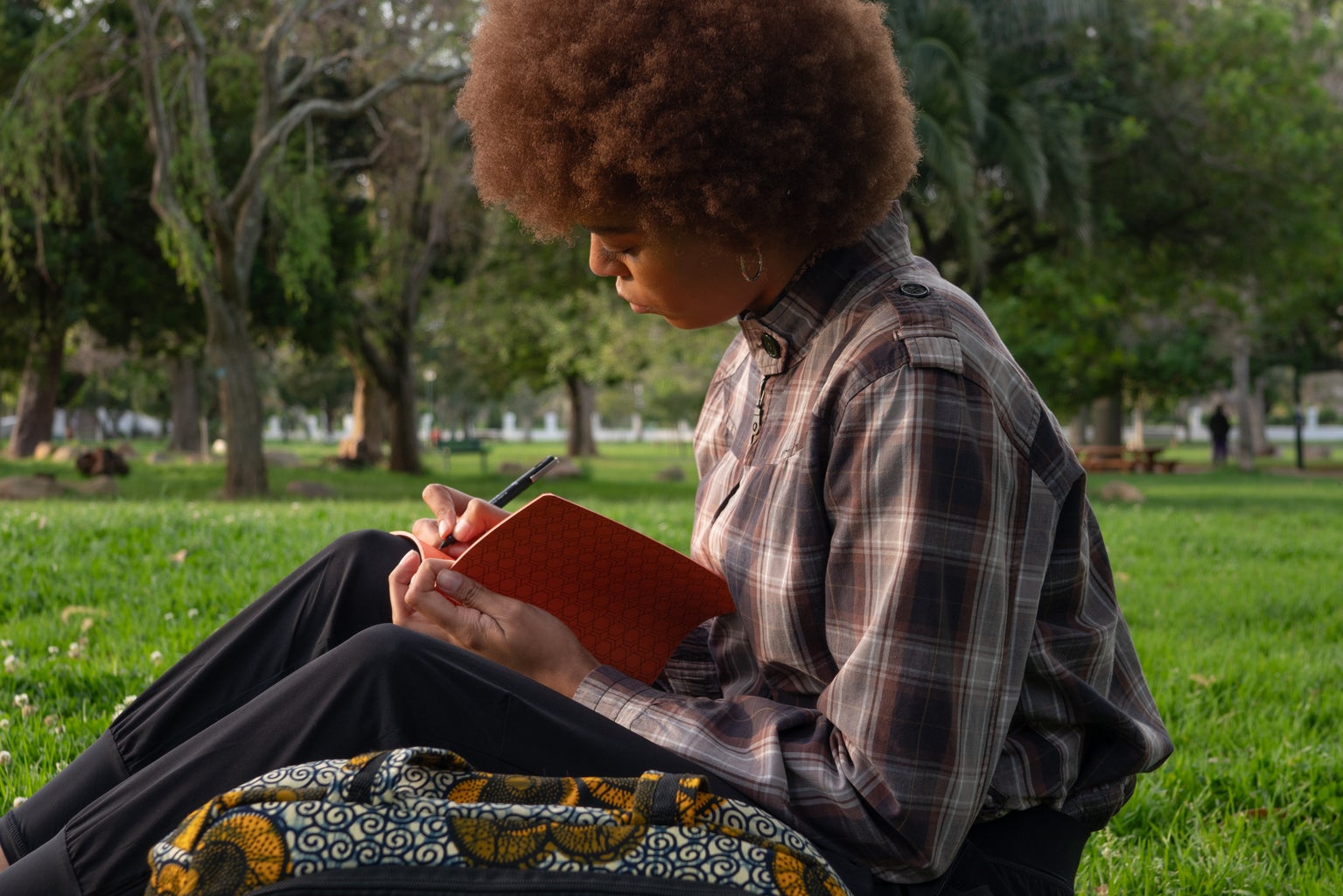Universities offer many resources to help students study and improve their scholarly skills. Libraries are a great source of all things literature, but, within the library, students can seek extra knowledge from the librarians, workshops, and editing aids. In addition, with a variety of layouts and ambiances, the library may offer you a comfortable place to study whether it be on your own or in a group, quietly, or in conversation with your peers.
Outside of the library, there are many opportunities to work or volunteer for on-campus projects many of which are student organized—others are professor-led, but all can offer you an experiential education that enables you to get an in-depth understanding of the topic at hand. Student lead groups also provide excellent opportunities to share experiences and academic advice.
While universities do have many resources for students to further their research and continue developing their skills, students don’t have to search outside the classroom for some of the best study tips directly from professionals. If you haven’t already gotten to know your amazing professors and their Teaching Assistants, it would benefit you to keep in mind that they too were once in the same position as you. Not to mention, they assembled the lesson plans and will be grading your work.
Since this is my fourth year and I feel like I have really gotten to connect with a lot of professors, Teaching Assistants, and other faculty, whose goal is to guide students towards getting the most out of their university experiences, I thought I would share the best advice that saved me a lot of time, stress, and grades along the way.
Get Comfortable
Before heading into a lecture or starting your course work, it is important to be in the right state of mind so that you can minimize your distractions and absorb as much information as possible. Take some time before you begin your workday to empty your brain; take note of all the things you need or remember and get them on paper so that you can focus on what is in front of you. If you have a distracting thought, write it down on that same note to come back to during your study breaks.
Another great idea to get amped for a lecture or your studies is to casually read a short article or watch a video on the topic you are studying. This brings your focus to the topic and hopefully grabs your interest and gives you talking points that may not be covered in the course material. This is a great way to quickly get a better idea of the topic, maybe discover some relevant information, and get your professor’s attention.
Another great way to prepare for lectures or coursework starts with knowing yourself. Limit your distractions, find a way to make the work relevant to your life so that you are motivated to put in the effort, and pay attention to yourself when you start to lose focus so you can bring your attention back.
Professors and teaching assistants try to cater their lectures to appeal to the different ways students learn. But when you study on your own, you can be more specific in the format of your study material. So, once you know how you learn best, set yourself up for success by sticking to an environment that best suits your needs.
Other ways you can improve your comfort include taking breaks when needed, knowing what the best time of day is for you to learn, knowing if you study better in a group or on your own, and figuring out if you need to schedule your study day or go by a to-do list and accomplish everything in your own time.
assignments
Before starting any course, always refer to the syllabus. This is the agreement between you and your professor that will give you all the details they deem important for your assignments, classes, and tests. Additionally, anything not in the syllabus will be said in lecture, so always pay attention to their PowerPoint and any clues they give you during lecture on what they expect from you or what they think is important information (especially for first-year students).
Reading news articles and watching videos to further develop an understanding of the topic or critiques of the theories is always beneficial. The more exposure you have to the topic the better you will connect to the methodology. This could also help you develop your own position on the topic for you to further complicate it in relation or contrast to the course. Or try to understand how all the course concepts connect, see if you can find the missing pieces to tie them together. Professors also like when you can find your connection to the topic—make it personal and relevant to your current environment—and present the topic from your perspective.
Clarity is crucial so the less you understand the more confusing your papers will be. Keep it simple to reduce confusion. Once you’ve grasped the basics you can add to it. Professors and teaching assistants are open to giving you feedback on your assignments if you visit them during office hours, so get a head start on your work and take advantage of their advice.
Taking Notes
Whether you are joining a lecture, reading an article, or absorbing anyone’s work, the first thing you should always take note of are the title, the author(s), and their publisher. A little background research into the authors and publishers of the works you are observing is always a great way to show enthusiasm and appear more prepared, but it also helps you develop interest and build knowledge on the topic.
Finding key information can be daunting when you are new to a topic, are assigned to read thirty-page articles, or when you need to keep up with a professor speaking during a three-hour lecture. When you begin with any lecture or reading, less is more. Rather than trying to take note of everything, focus your energy on getting to the end. Write down any questions you may have and any key pieces of information you can remember at the end.
Not only will this tactic keep you more focused, but it will also help you get a general understanding of the dialog, at which point, you can go back to gather more details. Professors recommend this because difficult topics can take time to develop and be understandable.
Professors usually have a common way of working with resources, and they usually let you know themselves what their expectations are of you when it comes to your readings. Most of my professors have approached articles like this:
· If it’s a long reading – Find the main points.
· If it’s a short reading – There may be more details. Short readings are either more complicated and take longer to read, or just provide additional information but are not the main resource.
· Be careful to notice the more important articles in the list – Usually, the main reading(s) for the week will appear first on the list and will be highlighted as critical resources in the syllabus.
Just remember that you will need your notes to study for exams and prepare final assignments. So organization, clarity, and simplicity in your note taking throughout the term will save you time and stress in the end.
These tips won’t work if you can’t find a place to focus. So, practice study accountability to make sure you give yourself the best shot at achieving your goals. Find a suitable place or places to study that meet your needs and are accessible to you as often as you may need. Also, make sure you enjoy the spaces because you will want to be comfortable when you get into your daily tasks.
Mostly, recognize that there is a reason you are the student. You are here to learn, and the professor’s goal is to teach you. If you have questions or need clarification, you are participating in an institution that has been designed to accommodate you. Seek out further aid and resources that may help you get the most out of your education.






